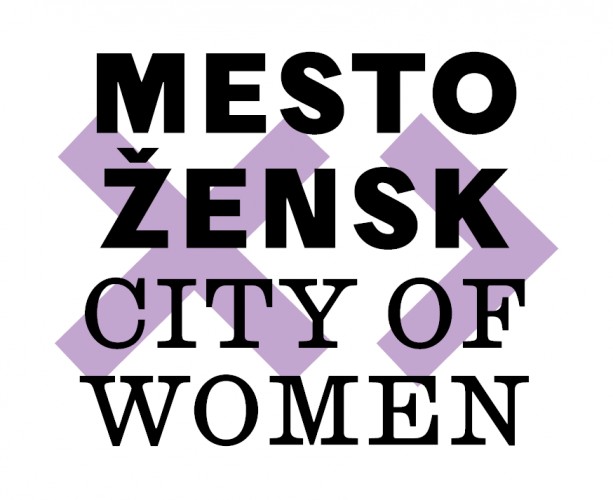“These watery varieties of sounds and silences, terrifying, mysterious, whirling, and sometimes gestating and gentle, must somehow be felt in the pulse, ebb, and flow of the music that sings in me” - Hildegard von Bingen on her music.
Hildegard von Bingen (1098-1179) was a remarkable woman, a “first” in many fields. At a time when few women were writing, Hildegard produced major works of theology and visionary writings. When few women were accorded respect, she was consulted by and advised bishops, popes, and kings. She used the curative powers of natural objects for healing, and wrote treatises about natural history and the medicinal uses of plants, animals, trees and stones. She is the first composer whose biography is known. She founded a vibrant convent, where her musical plays were performed. Although not yet canonized, Hildegard has been beatified, and is frequently referred to as St. Hildegard.
Nine hundred years after her birth, her life and work have captured the attention and imagination of scholars and students in fields such as religion, music, literature, history, medieval studies, gender studies, and the history of science and medicine.
In the year 1998 numerous festivities, concerts, conferences and other events were organised to mark Hildegard’s 900th anniversary.
A simple search on the Internet will lead you to hundreds of pages of information on a long-ignored woman whose valuable contributions to the arts and culture are beyond dispute.



